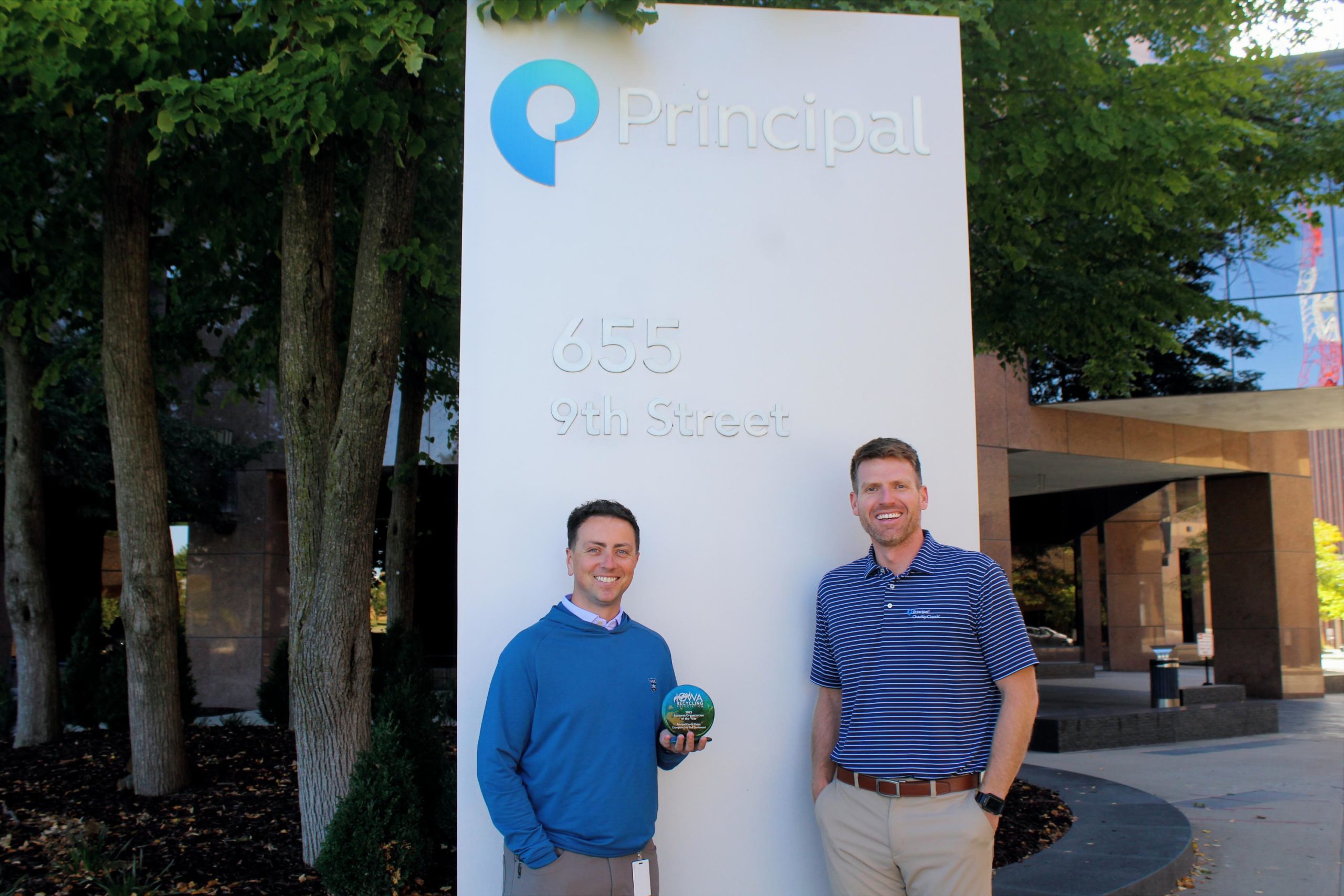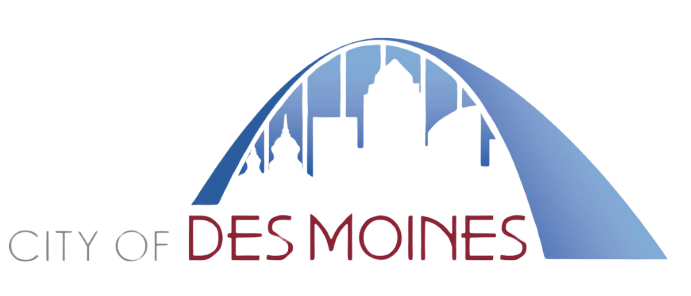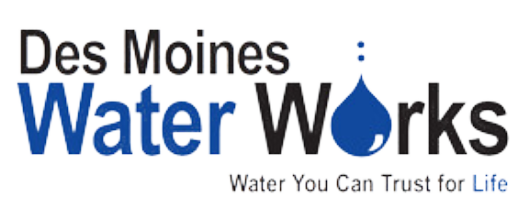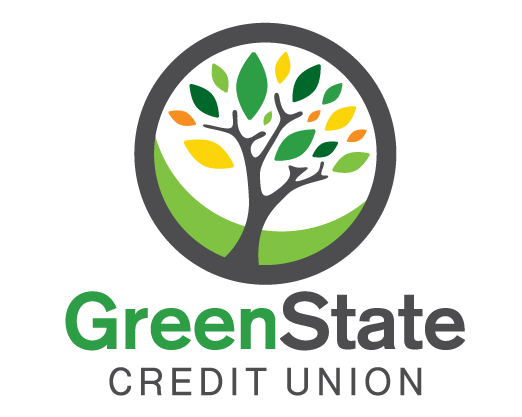Building a better future.
At the Principal Charity Classic, we recognize that hosting a large-scale tournament comes with both a tremendous opportunity and an important responsibility. As we welcome thousands of fans, players, and partners to Des Moines each year, we are deeply committed to ensuring the event creates a lasting positive impact — not just for youth charities, but for the environment and community that make this tournament possible.
Focus areas and highlights.
At the 2025 Principal Charity Classic, sustainability continues to be a foundational element of our event strategy.
Our efforts are guided by six core focus areas:
• Planning and communications • Water conservation
• Sustainable procurement • Energy and emissions reduction
• Waste diversion • Community legacy
These pillars shape our approach, inform our decision-making, and reflect our commitment to continuous improvement. The following sections detail our 2025 goals, the progress we’ve made, and the impactful actions taken to create a more sustainable and community-centered tournament experience.

Community legacy.
Goal: The Principal Charity Classic aims to create a lasting community legacy by making golf more inclusive and socially empowering while elevating public education, action, and local environmental connection.
2025 Integration:
• Intentional fan experiences, such as a custom short game course in the MidAmerican Energy Sustainability Grove constructed from repurposed wooden pallets, turf, and mesh from the 2024 tournament.
• Enhanced Pedal to PCC initiative fostered a greater collaborative relationship between Central Iowa’s golf and biking community.

Waste.
Goal: Divert as much waste from the landfill as possible. In 2025, we surpassed an exciting milestone at the tournament, achieving a 57% waste diversion rate, well above our goal of 40%. Our long-term objective is to become a zero-waste (90%+) tournament by 2032.
2025 Integration:
• Mesh recycling outlet: In 2025, the Principal Charity Classic launched a new partnership with InProduction to address the challenge of recycling event mesh.
• Turf and carpet donation: A new partnership with St. Vincent de Paul to donate used turf and carpet materials from the event.
• Construction and demolition stream: Clear communication and well-defined dumpster expectations ensured that construction and demolition materials were properly separated from general trash.

Energy/Emissions reduction.
Goal: Reduce our energy consumption and greenhouse gas emissions, reduce emissions 30% by 2027 from a 2022 baseline and ultimately achieve net zero emissions by 2050.
2025 Integration:
• In 2024, six 56 kWh generators were used. After recording and testing load sizes, this has been reduced to just two 56 kWh generators in 2025.
• All office trailers located on pavement will now connect to shore power, significantly reducing emissions.
• Partnered with MidAmerican Energy to retire Renewable Energy Certificates for the tournament and provide 88.5% clean energy from Iowa wind farms to local customers, including Wakonda Club.
Recognition.
The Principal Charity Classic is honored to be recognized for its ongoing commitment to environmental stewardship and sustainable event practices.
- 2025 Sustainability Initiative Award (Large Market) from Iowa Travel Industry Partners (iTIP) for leadership in waste reduction, clean energy use and community sustainability.
- 2025 Business/Organization of the Year Award from Iowa Recycling Association recognizing the event’s excellence in recycling, material diversion and circular-economy practices.


Program support systems.

Principal
Principal has pledged to be responsible stewards and mitigate their impact on the planet, helping to build a more inclusive and resilient world. Principal has long-term climate goals and plans to address climate change, committing to a 65% reduction in GHG emissions for scope 1 and market-based scope 2 by 2034 and net zero emissions by 2050.

PGA TOUR
Golf, deeply connected to natural environments, recognizes its responsibility in environmental stewardship. The PGA TOUR emphasizes sustainability through initiatives that reduce environmental impact and promote community resilience. This commitment is reflected in their strategic pillars focused on leadership, climate action, purpose-driven partnerships, and promotion of nature.

City of Des Moines
The City of Des Moines is dedicated to addressing climate change and enhancing resilience within our community.
ADAPT DSM: Des Moines’ Climate Action Plan
The City of Des Moines has developed a communitywide climate action and adaptation plan known as ADAPT DSM. The plan aims to achieve significant goals: a 28% reduction in emissions from 2008 levels by 2025, a 45% reduction from 2010 levels by 2030, 100% 24/7 carbon free electricity citywide by 2035, and net zero greenhouse gas emissions by 2050.2

Golf Environment Organization (GEO)
The Golf Environment Organization (GEO) plays a crucial role in advancing sustainability within golf tournaments worldwide. It provides a framework for implementing sustainable operational practices and sets international standards for environmental and social sustainability in golf.








